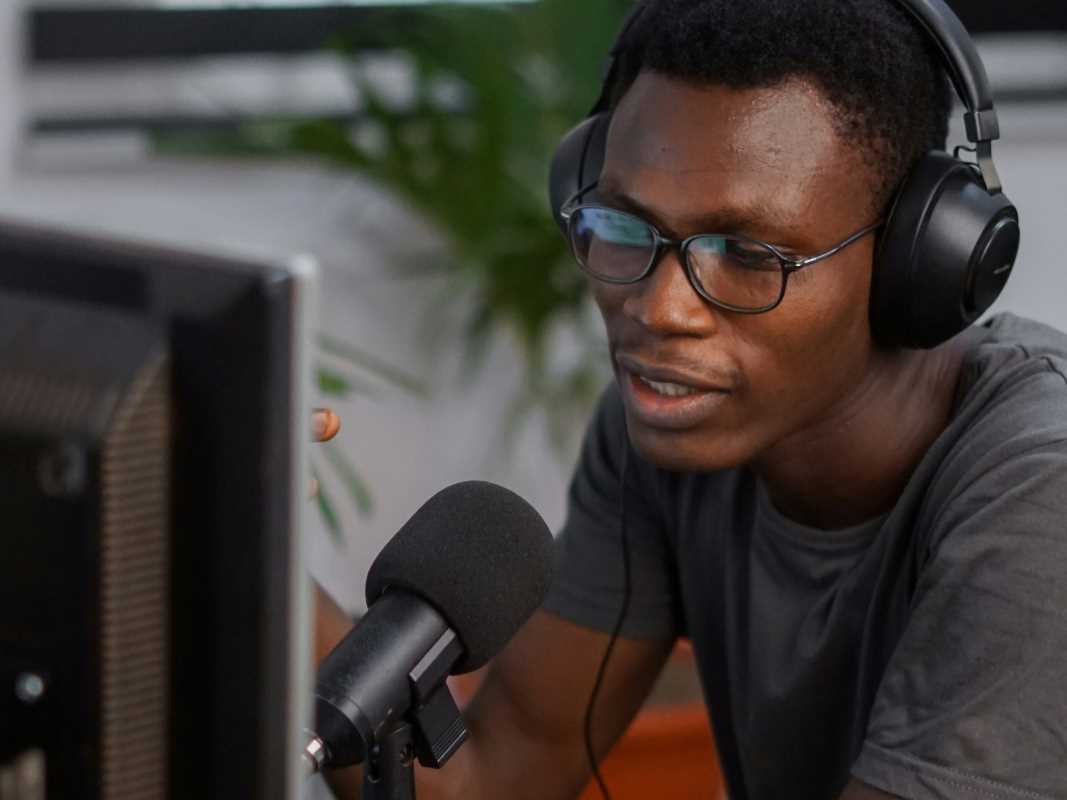Remember that feeling when you finally understood a tough concept in class? That rush of excitement when everything clicked? Well, here's some good news: graduation doesn't mean that feeling has to end. In fact, making learning a lifelong hobby can be one of the most rewarding decisions you'll ever make, keeping your mind sharp, your skills relevant, and your life interesting long after you've thrown your cap in the air.
You might be thinking, "I just spent four years buried in textbooks – why would I want to keep studying?" But lifelong learning isn't about cramming for exams or writing research papers until 3 AM. It's about feeding your curiosity, staying competitive in your career, and discovering new passions that make life more exciting.
Why Lifelong Learning Matters More Than Ever
The world is changing fast. Like, really fast. Skills that were hot five years ago might be outdated today. New technologies pop up constantly, industries evolve overnight, and the job market keeps shifting. This isn't meant to scare you – it's actually pretty exciting if you think about it. It means there are always new opportunities to explore and master.
Take artificial intelligence, for example. Five years ago, most people barely knew what ChatGPT was. Now, understanding AI tools can give you a huge advantage in almost any field. Or consider social media marketing – it didn't even exist as a career path when your parents were starting their careers, and now it's a billion-dollar industry.
Lifelong learning keeps you adaptable. It's like being a Swiss Army knife instead of a single-purpose tool. When change happens (and it will), you'll be ready to pivot, grow, and thrive instead of getting left behind.
The Benefits Go Beyond Your Career
Sure, staying relevant professionally is important, but lifelong learning offers so much more. It keeps your brain healthy and active, kind of like how exercise keeps your body in shape. Studies show that people who keep learning throughout their lives have better memory, sharper thinking skills, and even lower risks of cognitive decline as they age.
Learning new things also boosts your confidence. Remember how good it felt to master a difficult subject in college? That same satisfaction is available to you throughout your life. Whether you're learning to cook authentic Thai food, understanding cryptocurrency, or picking up a musical instrument, every new skill makes you feel more capable and interesting.
Plus, learning connects you with other people. When you take a pottery class or join a book club, you meet like-minded people who share your interests. These connections can lead to friendships, networking opportunities, or even romantic relationships. Who knows? Your future business partner might be sitting next to you in that Spanish conversation group.
Make It Easy and Enjoyable
The key to successful lifelong learning is making it feel less like work and more like play. Here's how to do it:
Start small and be consistent. You don't need to commit to a full degree program or spend hours every day studying. Even 15-20 minutes of daily learning can add up to big results over time. Listen to educational podcasts during your commute, watch YouTube tutorials while you eat lunch, or read interesting articles before bed.
Follow your genuine interests. Don't feel pressured to learn something just because it looks good on a resume. If you're fascinated by true crime, dive into criminology or forensic science. Love cooking shows? Learn about nutrition science or food history. When you're genuinely interested in something, learning feels natural and fun.
Use technology to your advantage. Apps like Duolingo make language learning feel like a game. Platforms like Coursera and Khan Academy offer free courses on almost any topic you can imagine. YouTube has tutorials for everything from advanced Excel formulas to watercolor painting techniques. Your smartphone can become a powerful learning tool instead of just a distraction device.
Mix different learning styles. Some people learn best by reading, others by watching videos, and some by doing hands-on activities. Try different approaches to see what works for you, or better yet, combine them. If you're learning about photography, read articles about composition, watch tutorials on editing software, and practice taking pictures every day.
Create Learning Habits That Stick
Building a learning habit is like building any other habit – it takes time and consistency, but it gets easier with practice. Here are some strategies that actually work:
Set specific learning goals. Instead of saying "I want to learn programming," try "I want to build a simple website by the end of next month." Specific goals give you direction and make it easier to track your progress.
Schedule learning time. Treat your learning sessions like important appointments. Block out time in your calendar and protect it from other distractions. Maybe it's Saturday mornings with your coffee, or Wednesday evenings after dinner. Having a regular schedule makes learning feel more natural and automatic.
Find learning buddies. Everything's more fun with friends, and learning is no exception. Find a colleague who wants to improve their Excel skills, convince your roommate to learn a new language with you, or join online communities related to your interests. Having someone to share progress with and hold you accountable makes a huge difference.
Celebrate small wins. Did you finish a challenging online course? Learned your first song on guitar? Successfully grew herbs on your windowsill? Acknowledge these achievements! Celebrating progress, no matter how small, reinforces the habit and keeps you motivated.
Learning Opportunities Are Everywhere
One of the best parts about lifelong learning is that opportunities are literally everywhere. Your local library probably offers free workshops and has access to online learning platforms. Community colleges have continuing education programs that are affordable and practical. Museums, art centers, and community organizations often host classes and lectures.
Don't overlook informal learning opportunities either. Volunteer for a cause you care about – you'll learn new skills while making a difference. Travel, even locally, and you'll learn about different cultures, histories, and perspectives. Strike up conversations with people who have interesting jobs or hobbies. Most people love sharing what they know if you ask genuine questions.
The internet has made learning more accessible than ever before. You can learn almost anything online, often for free or very cheap. Want to understand personal finance? There are countless blogs, videos, and courses available. Curious about coding? Websites like FreeCodeCamp offer complete programming curricula at no cost.
Overcoming Common Obstacles
Let's be real – making learning a habit isn't always easy. You'll face obstacles, and that's normal. The important thing is knowing how to overcome them.
"I don't have time." This is the most common excuse, but it's usually more about priorities than actual time constraints. Look at how you currently spend your time. Could you replace 30 minutes of scrolling social media with learning something new? Could you listen to educational content while exercising or doing chores? Small pockets of time add up quickly.
"I'm not smart enough." This is nonsense, but it's a common fear. Everyone learns at their own pace, and everyone struggles with some concepts more than others. The key is persistence, not perfection. Remember, you already proved you can learn by getting through college. You've got the skills – you just need to apply them to new areas.
"It's too expensive." While some learning opportunities cost money, many don't. Start with free resources and only invest money once you're sure about your interest. Libraries, YouTube, free online courses, and community resources can take you pretty far without spending a dime.
Making It Part of Your Identity
The ultimate goal is to make learning part of who you are, not just something you do occasionally. When you see yourself as someone who's always growing and learning, you naturally seek out new opportunities and challenges.
Start thinking of yourself as a lifelong learner. When someone asks about your hobbies, include the things you're currently learning. Share interesting facts or insights from your recent studies. This reinforces your identity as a learner and often leads to interesting conversations and connections.
 (Image via
(Image via





